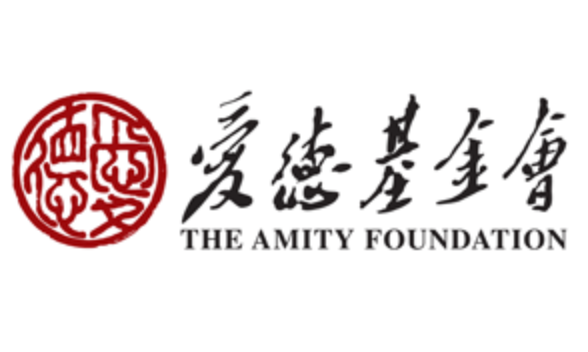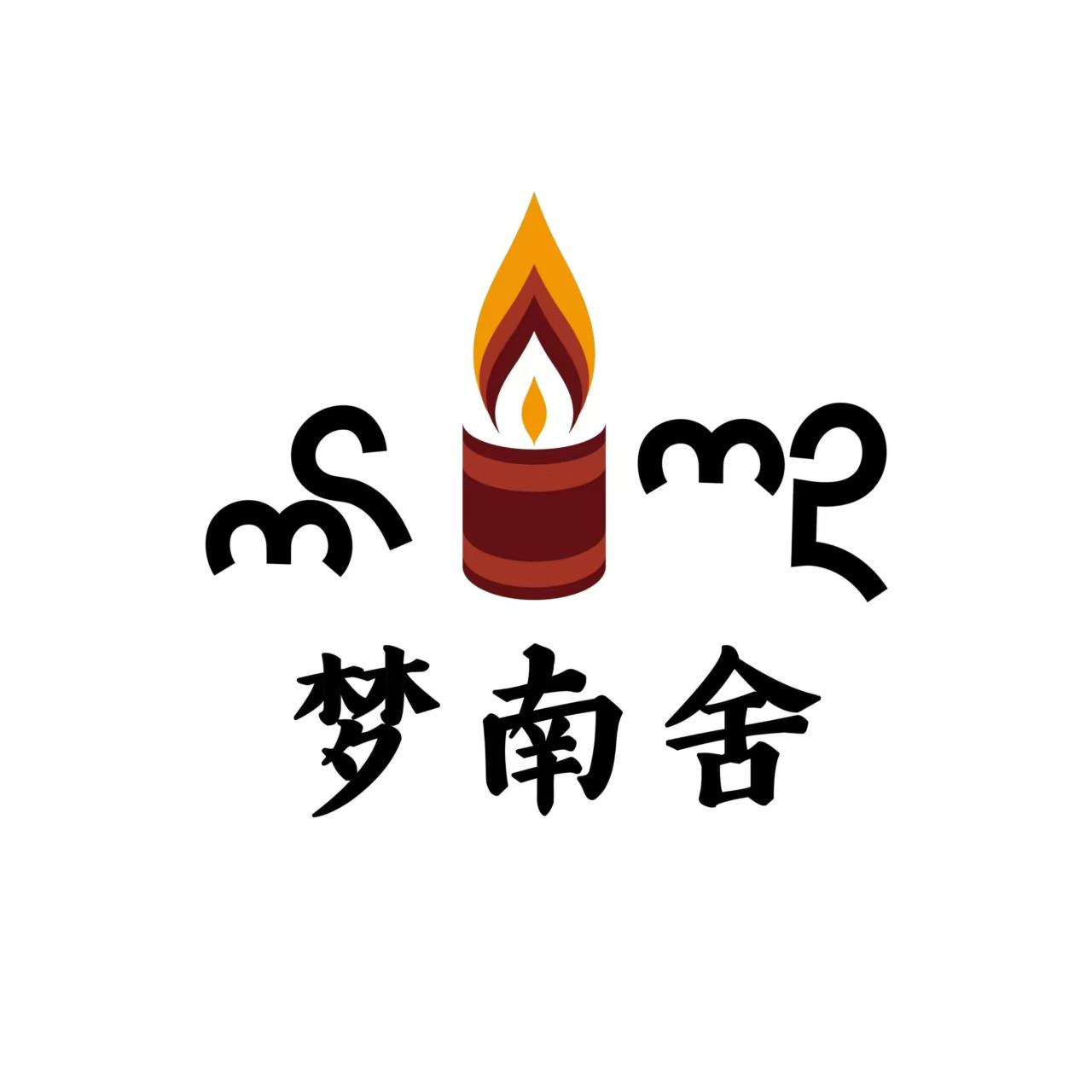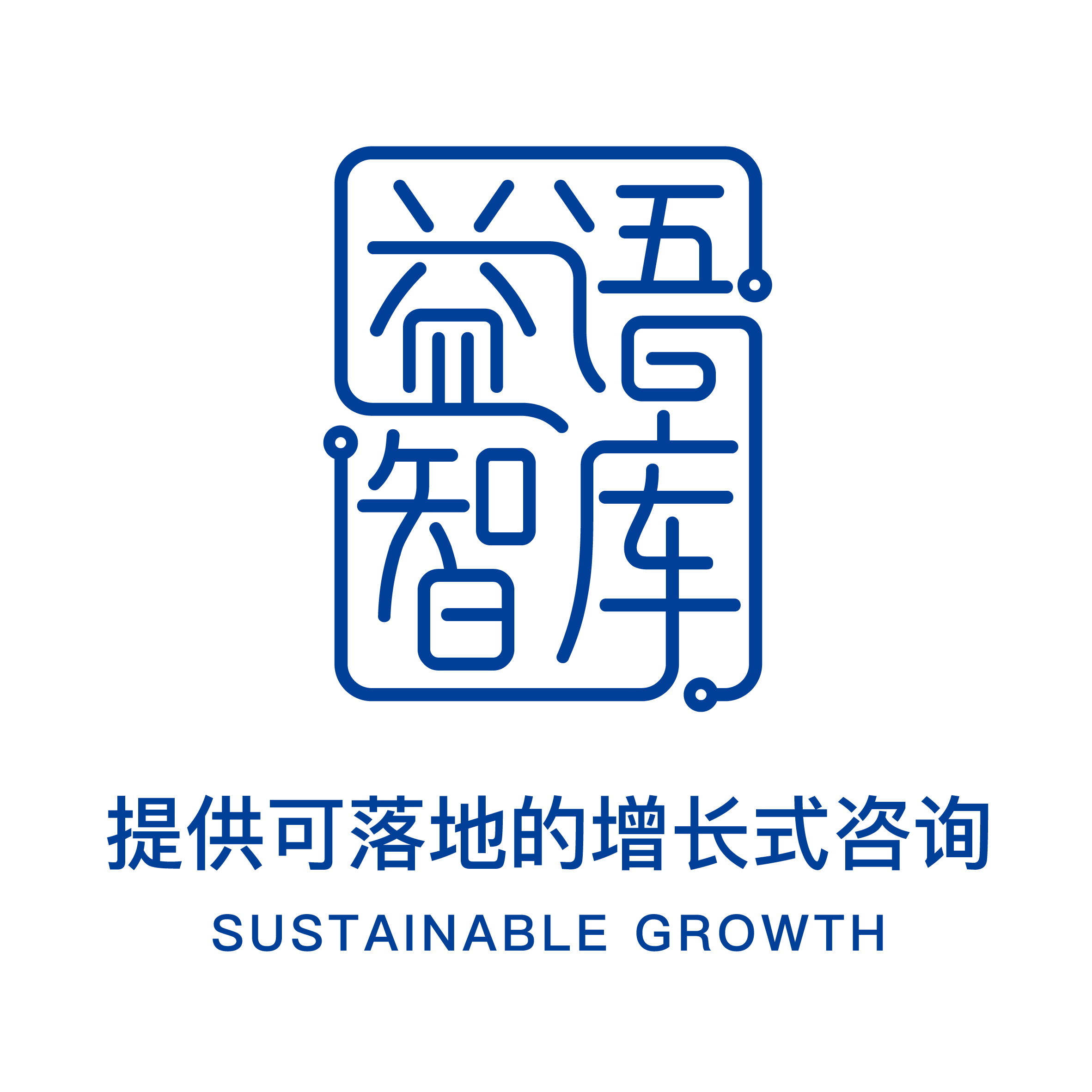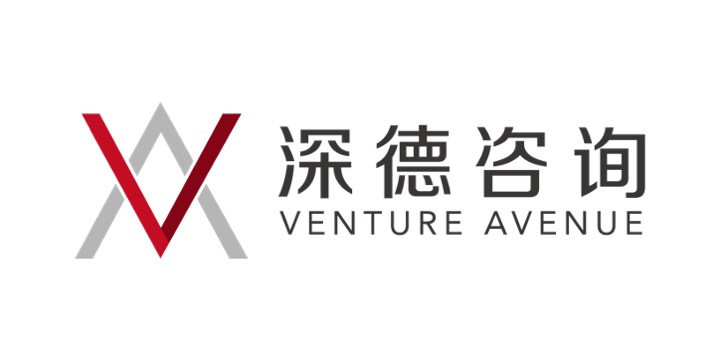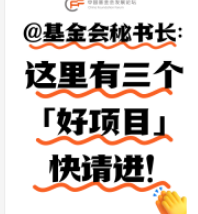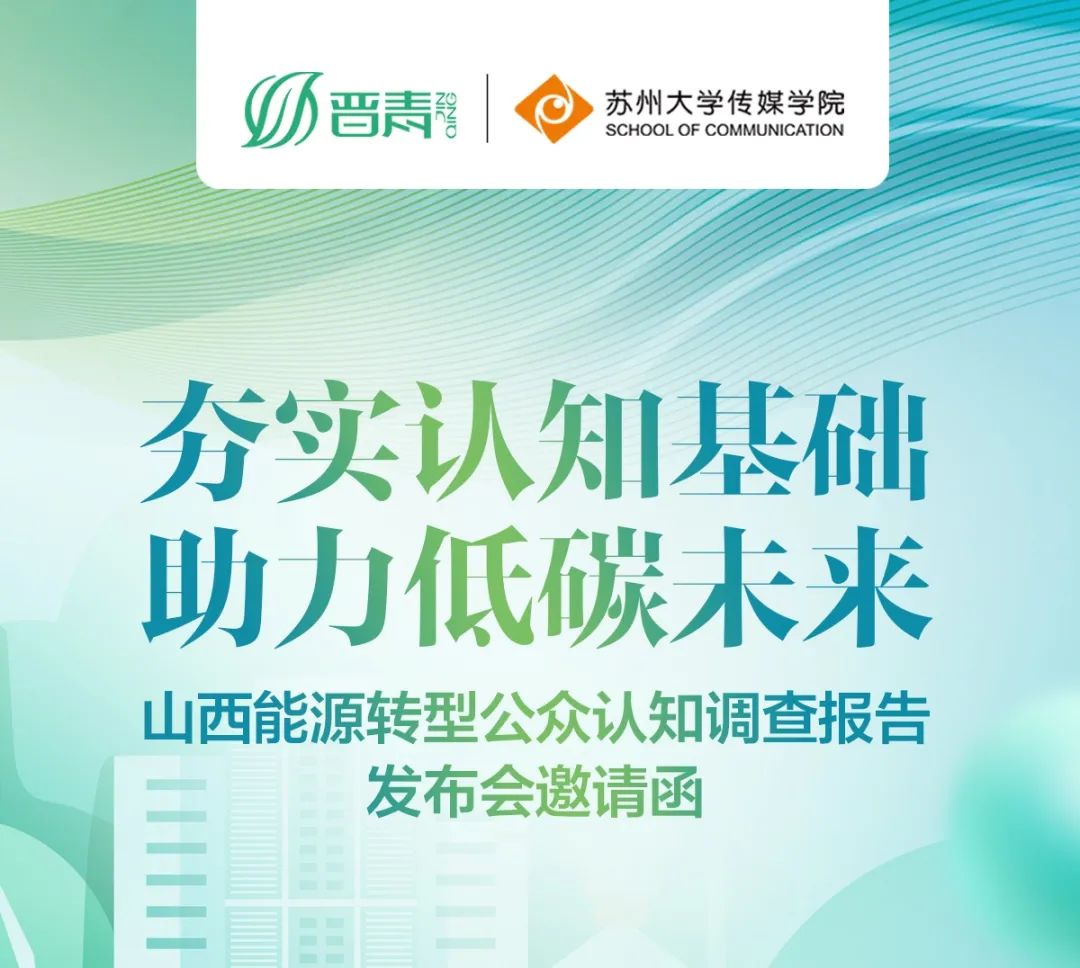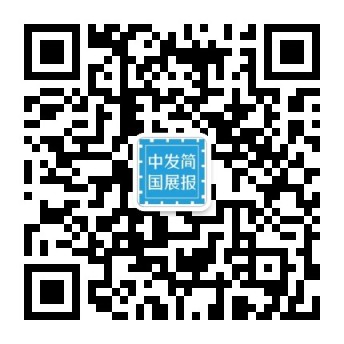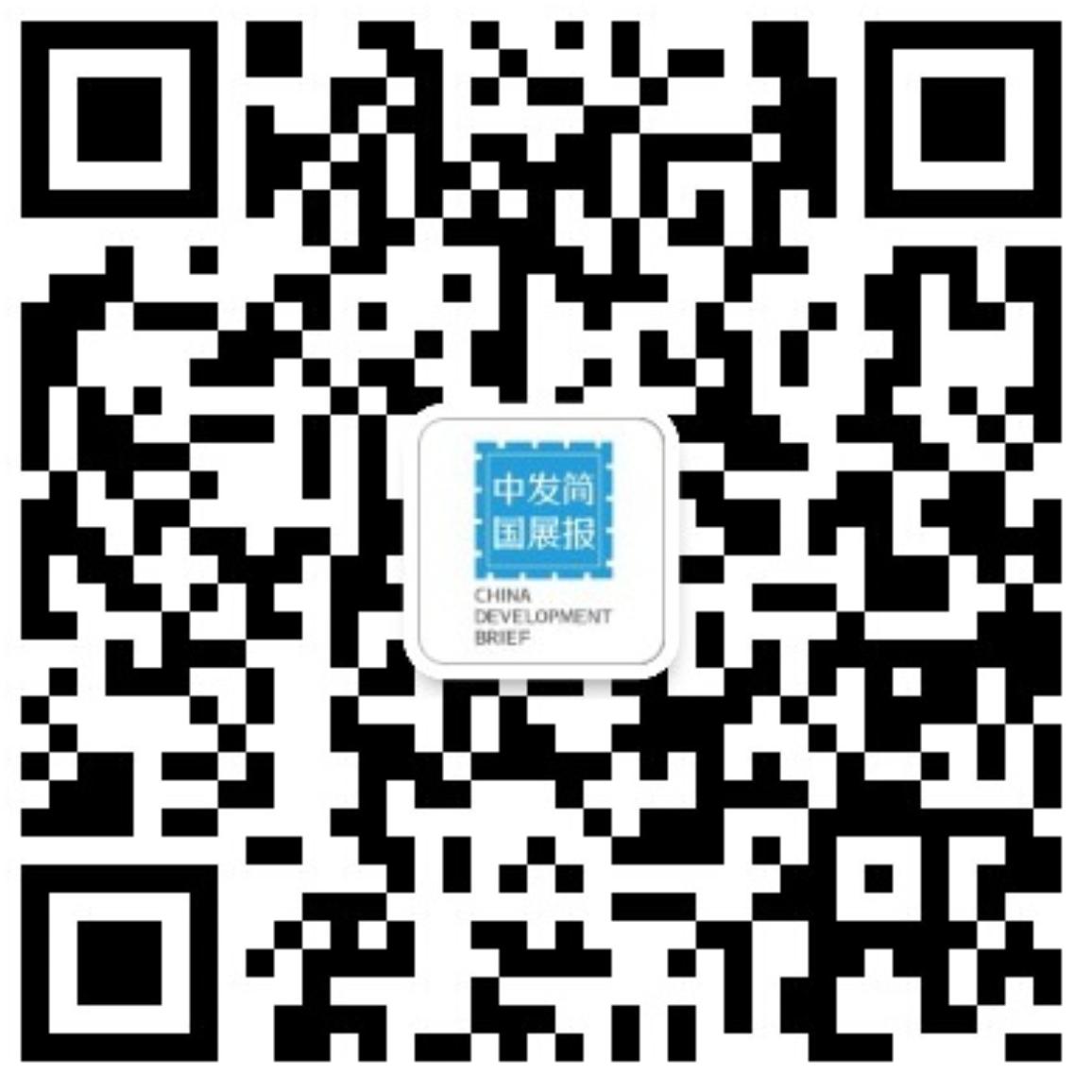 2021-03-02
2021-03-02
 413
4131. Context
1.1 About Handicap International
Humanity and Inclusion (HI), formerly Handicap International, is an international non-government organization working to support the empowerment and inclusion of people with disabilities in society. HI is an independent and impartial aid organization working in situations of poverty and exclusion, conflict and disaster. We work alongside people with disabilities and vulnerable populations, taking action and bearing witness in order to respond to their essential needs, improve their living conditions and promote respect for their dignity and fundamental rights. In China, HI has been working with government and civil society organizations on employment, education, livelihoods, and social inclusion of people with disabilities since 1998.
1.2 Context and Background of the Consultancy
The Law of the People's Republic of China on the Protection of Persons with Disabilities was first adopted in 1990. Article 30 of the national disability law protects the employment rights of people with disabilities. The CDPF Regulations on the Employment of Persons with Disabilities established the quota system for employers with a rate of 1.5%. The regulations were last revised in 2016.
The Employment Promotion Law of the People’s Republic of China was adopted in 2007. Article 27 states: “The state shall safeguard the labor rights of handicapped persons.” Article 62 states: “In the event of any employment discrimination in violation of the provisions of this Law, the relevant worker(s) shall be entitled to initiate legal proceedings in the peoples' court.”
Despite legal protection of their employment rights, people with disabilities continue to face challenges to find wage employment.
• In 2010, the CDPF reported that only 9 million of the country’s estimated 85 million citizens with disabilities are employed.
• In 2015, only 0.3 percent of China’s total urban employment consisted of persons with a disability. The national employment quota mandates 1.5 percent of employees should be people with disabilities.
• In 2017, a mere 28 percent of persons holding official disability certificates were working. Importantly, while total urban employment has consistently grown over the past decade, urban employment for persons with disabilities has consistently declined over the same period.
People with disabilities face barriers which limit access to education and vocational training opportunities in China, which contributes to low employment rates. However, employers are also required to facilitate creation of employment opportunities. Many employers in China lack the knowledge needed to appropriately include consideration of people with disabilities into their strategic plans, management policies, and work environments.
In collaboration with the Beijing Peer Social Work Development Center (PEER), HI launched the “Promoting Inclusive Work Environments and Rights” project in July 2020. The project aims to develop the capacities of local civil society organizations who have specialized expertise in disability inclusion. With the technical and financial support of the project, local civil society organizations will be empowered to effectively engage with employers to raise awareness about the situation and employment rights of people with disabilities, to make the business case for employment of people with disabilities, and to provide professional consultancy services aiming to increase employment of people with disabilities in participating enterprises.
1.3 Project Implementation Sites and Targeted Stakeholders
The project will be implemented in the following locations where local civil society organizations are being supported: Beijing, Changsha, Dalian, Xi’an, and Hefei.
The project aims to work with both international corporations and Chinese national enterprises. Targeted employers will have a minimum workforce of 3,000 employees.
2. Description of the Expected Service
2.1 Purpose of the Consultancy
HI and the Beijing PEER Social Work Development Center each have significant experience and expertise in promoting disability inclusion in China. However, we acknowledge that the language of non-profit actors does not always effectively translate into the private sector. The purpose for contracting a business liaison consultant will be to ensure that the project is consistently “making the business case” for disability inclusive employment in China.
The consultant’s role will be to advise HI and PEER in the implementation of the project. The consultant may at times communicate directly with targeted employers or other stakeholders on behalf of the project, but only after prior approval is received from HI and/or PEER.
2.2 Desired Outcomes and Outputs of the Consultancy
The consultant will advise on the language and contents of the communication resources to be developed by the project including awareness raising materials, training packages for local civil society organizations, employer consultation toolkits for local civil society organizations, and inclusive employment guidelines for employers.
OUTCOME ONE: As a result of effective marketing of the project, employers in the targeted municipalities of the project have an increased interest to participate in project activities.
• The consultant will define a project marketing strategy that will include the following elements:
o Definition of key messages that will effectively attract targeted employers to participate in initial project launching workshops or to directly contact local civil society organizations supported by the project to provide disability inclusion consultation services
o Identification of business, social and professional networks to be targeted for dissemination of project information (chambers of commerce, global business and disability network, social media groups, conferences/seminars, etc.)
• The qualified consultant will not require field data collection to deliver this output.
OUTCOME TWO: As a result of improved understanding of the productivity, cost-saving, and public relations benefit of disability inclusive employment, targeted employers’ motivation to allocate time for participation in partnerships with local disability inclusion civil society organizations to assess their current barriers to inclusive employment and define inclusive employment action plans is increased.
• The consultant will support the creation of a series of communication resources to be used throughout the project implementation period to consistently make the business case for disability inclusive employment
o The consultant will participate, either in-person or virtually, to quarterly project technical advisory committee meetings to provide inputs on the development of key resources including training packages for local civil society organizations, employer consultation toolkits for local civil society organizations, and inclusive employment guidelines for employers. The consultant will be asked to prepare presentations for committee meetings or to provide feedback on draft technical resource documents.
o The consultant will support the development of communication/awareness promotion resources to be used throughout the project to directly raise awareness of targeted enterprise middle management and general workforce. The aim of the communication / awareness materials will be to increase understanding of disability rights, disability inclusion, and the benefits of a disability inclusive employer. Outputs will be discussed with HI and PEER and may include e-newsletters, social media posts, posters to be displayed in targeted work environments, etc. The consultant will provide advice on the key messages and the strategy for selecting mediums of communication.
• The consultant will be expected to participate in 8 quarterly project technical advisory committee meetings (March 2021 – December 2022). Each meeting will be at least ½ day. The consultant may plan additional preparation days for reviewing materials in preparation of the committee meetings.
OUTCOME THREE: As a result of effective CSO engagement, targeted employers carry out prioritized actions to increase employment of people with disabilities.
• The consultant will participate in supervision meetings with local civil society organizations to provide input on their ongoing collaboration with targeted employers. The role of the consultant will be to represent the business perspective to support strategic problem solving that will enhance the quality of the relationship between local civil society organizations and targeted employers. Within the supervision meetings, the consultant will be expected to provide inputs that will support civil society organizations to frame their advocacy messages for the appropriate target audiences (Human Resource Managers, Social Responsibility Officers, Division/Department Managers, etc.).
• The consultant should anticipate a minimum of 10 days for participation in supervision meetings with local civil society organizations.
3. Consultant’s Profile
3.1 Experience and Expertise of the Consultant
• The qualified consultant will have significant experience working with business leaders to promote corporate diversity and inclusion.
• The consultant will demonstrate a clear working knowledge of effective strategies to promote understanding and acceptance of the benefits of an inclusive working culture.
• The qualified consultant will be able to demonstrate strong existing relationships within business communities/networks in China.
• While specific knowledge of disability inclusion is not required, it will be highly valued.
3.2 Personal Characteristics of the Consultant
• The consultant will demonstrate a clear understanding of the advisory nature of the consultancy and demonstrated experience working in an advisory role with local businesses and/or civil society organizations.
• The consultant, or at least one member of the consultancy team, will be a fluent Mandarin speaker.
• The consultant will have flexible availability to participate, either in person or virtually, to the meetings outlined in section 2.
• The consultant is not required to be a citizen of China or to hold a Chinese residency permit. International applicants will be considered if they can demonstrate that they meet the above criteria.
4. Duration and Place of Performance of the Consultancy
4.1 Duration of the Consultancy
The period of the consultancy is anticipated to extend from March 2021 – December 2022. Within this consultancy period, the number of days required for the delivery of the outputs defined in section two will be defined within the consultants proposed methodology and budget plan.
4.2 Place of Performance of the Consultancy
HI and PEER each have national offices in Beijing. Meetings of the project’s Technical Advisory Committee will be regularly organized in Beijing. The consultancy may be carried out remotely. However, candidates who are based in Beijing or who are available to travel occasionally to Beijing will be preferred.
5. Principles and values
The consultant will commit to full compliance with HI’s ethics, values and policies, which will be shared with the consultant prior to contract validation.
6. Resources
6.1 Budget allocated to the evaluation
The maximum budget available for the consultancy is 80,000.00CNY (equivalent to 10,000Euro or 12,000USD). The consultant’s daily fee, travel, accommodation, per-diem, and any other required materials will be covered by the consultant, via the consultancy fee.
6.2 Resources available to the evaluation team (data, document, etc.)
Prior to the consultancy, HI will provide the consultant with all requested project documents and data (as available). During the consultancy mission, HI will make our offices in Beijing available for use of the consultant.
7. Submission of bids
Qualified and interested applicants should submit the following to HI.
• CV of the Consultant and any team members
• One Cover Letter
• One Proposal including the following components:
• Background and Experience of the Consultant
• Proposed Methodological Approach
• Proposed Budget Plan
The deadline for submission of applications is the 26th Mar 2021.
Applications can be submitted only by email to the following address: j.liu@hi.org and copy to t.hao@hi.org
 表情
表情
 最热
最热















